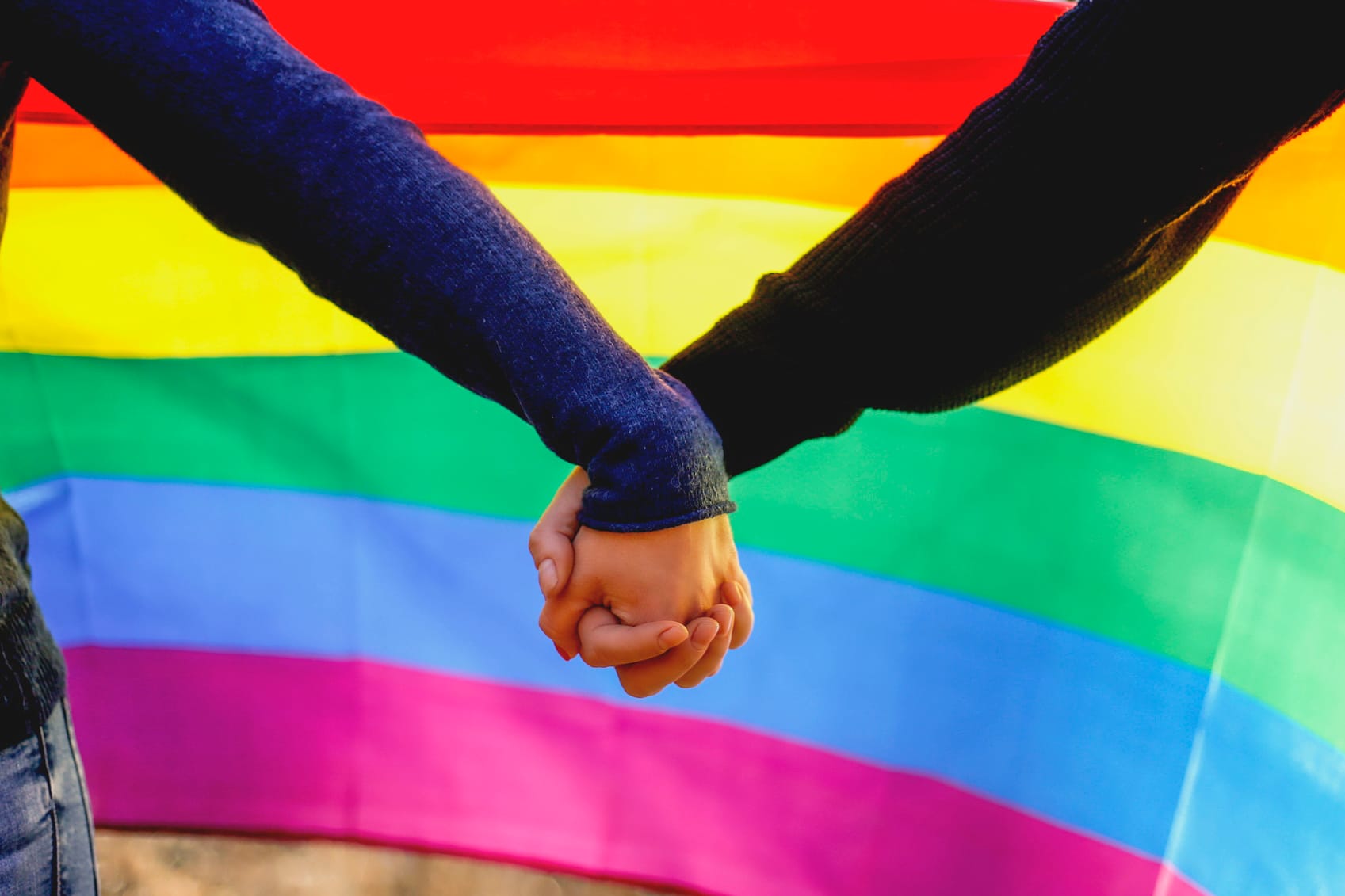
We now have the answer to the $122 million question: should the law be changed to allow same-sex couples to marry? The 12.7 million voters who participated in the postal survey had the reasonable expectation that a long and divisive debate would at last be resolved. But a final question remains: what will Prime Minister Malcolm Turnbull do now?
Monash political scientist Dr Zareh Ghazarian, a lecturer in politics and international relations at the School of Social Sciences, says the yes vote – 61.6 per cent of respondents – spells a “lose-lose” situation for Mr Turnbull.
“This could cause a split,” he says. “This is a perfect storm for the Liberal Prime Minister.”
The postal survey has exposed “the fault-lines between the progressives and the conservatives in the party”, he says.
“The Prime Minister indicated that the Parliament will reflect the will of the community.”
This means that the government will be obliged to pass same-sex marriage legislation. To not do so “will not reflect well on the government or the Prime Minister”.
But at the same time, passing the legislation will increase the tensions in the coalition’s ranks.
Before the survey results were announced, government MPs were arguing the merits of West Australian Liberal senator Dean Smith’s proposed same-sex marriage legislation – which has bipartisan support and is also backed by the advocacy group the Equality Campaign – versus Victorian Liberal senator James Paterson’s rival private member's bill, which gives greater rights to florists, bakers and others who conscientiously object to same-sex marriage.
Paterson voted ‘yes’ in the survey, but has an interest in individual liberties.
Mr Turnbull’s difficult task is to devise a solution that satisfies the ‘yes’ voters in the electorate, while appeasing the conservatives in his ranks concerned about religious freedoms and bakers’ rights.
“The Paterson bill also highlights the tension in the party, and that will also have to be taken on board,” Dr Ghazarian says.
He predicts that how Mr Turnbull manages this balance will “depend on the margin” of the postal survey.
“The party cannot risk alienating these social conservatives,” he says. The party is already divided along ideological lines, he points out, with the conservative wing “trying to be more dominant than it really is”.
On Monday, Mr Turnbull said he thought Senator Paterson’s bill “would have virtually no prospect of getting through Parliament”.
“I don’t believe Australians would welcome, and certainly the government would not countenance, making legal discrimination that is illegal, that is unlawful, today.”
Mr Turnbull has also described Senator Smith’s bill as a “good bill to start with”.
The parade of politicians found to be ineligible to hold office because they are dual citizens has stopped the same-sex issue from monopolising the news cycle while the postal survey results have come in.
“This has distracted the party, and taken the attention from same-sex marriage,” says Dr Ghazarian. “This is a stressful time for the government.”
Some have even suggested that the citizenship saga is a conspiracy devised to take the heat out of the same-sex marriage debate, he says.
“I don’t think that’s true, but the citizenship story is adding to the white noise across politics at the moment.”
He adds that the citizenship distraction, which is already seeing two by-elections for House of Representative seats in NSW, will not solve the Prime Minister’s problem with disaffected members in his ranks.
“Same-sex marriage is not something that people will have a change of heart on,” he says.
For Labor, a 'yes' vote is less problematic because the party previously committed to introducing a same-sex bill when in office.
“A 'no' vote would be a problem for the ALP, because they would have to revisit and rethink their position,” Dr Ghazarian says.
But he added that in the future the ALP will also face the political difficulty of devising policies that speak to the social conservatives among its supporters, as well as those who are more progressive. The problem is already apparent, as more left-leaning Labor supporters defect to the Greens, a drift that becomes more pronounced at each election.





